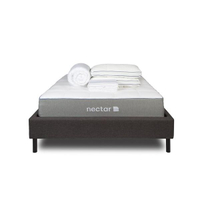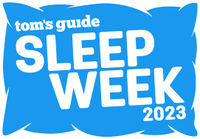7 things to do tonight to make you wake up more alert tomorrow
Science-backed tips for more energized mornings
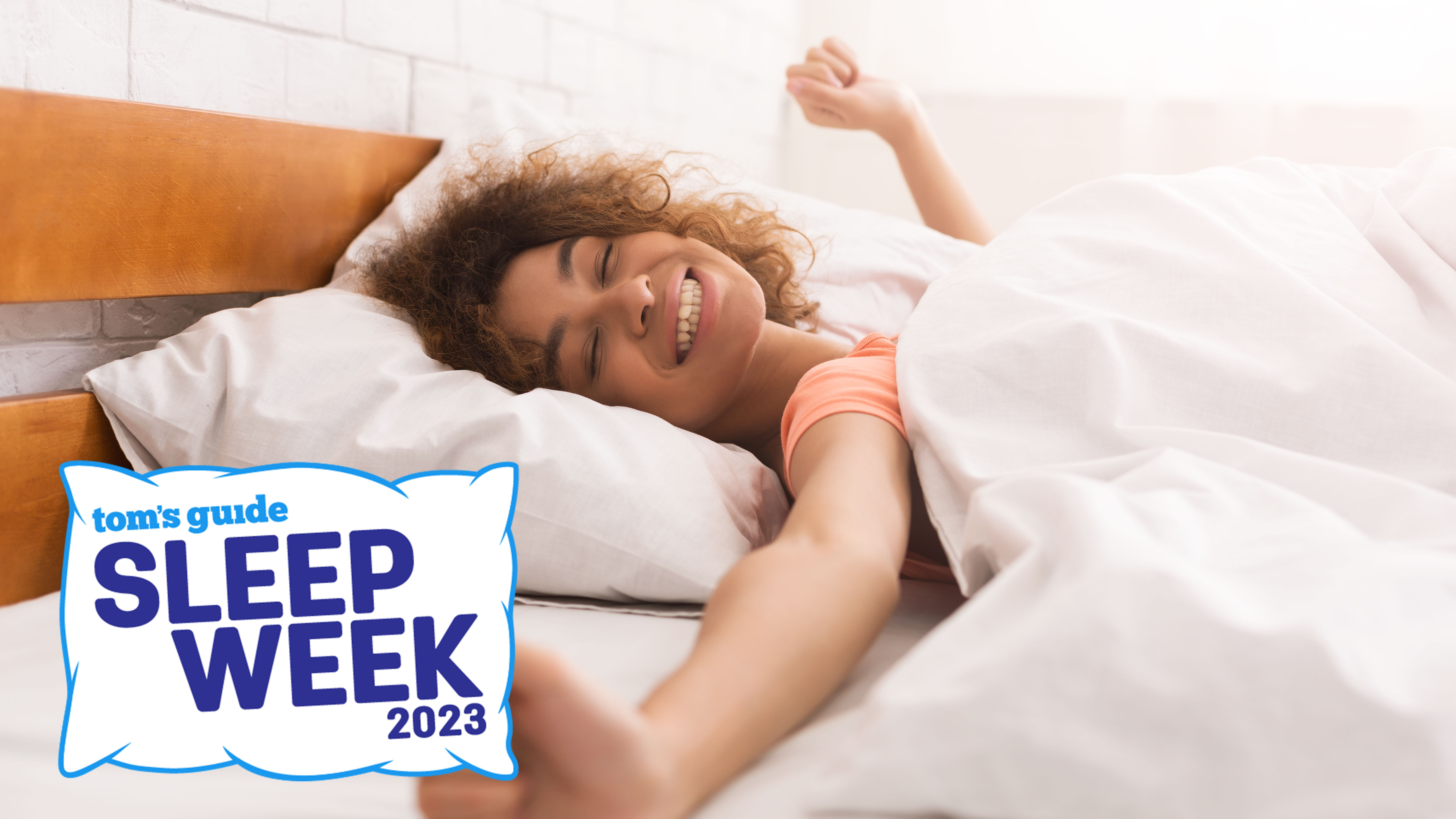
If you’re waking up bleary eyed in the morning, you’re most probably either struggling to sleep at all or not getting enough quality sleep. There are, of course, many reasons for disturbed sleep, but one key thing to remember is that many of the determining factors for how well you're going to sleep depend on what you do before you head to bed. That's the theory behind popular approaches like the 10-3-2-1-0 sleep rule, which provides a structure for the run-up to bedtime.
Sleeping badly leaves us tired and unproductive the next day, with irritability and a lack of desire to do anything active at all. But sleep deprivation symptoms can build up over time, leading to more serious issues. A lack of sleep over longer periods of time can lead to problems such as issues with memory retention, depression and serious health issues such as heart disease, diabetes and high blood pressure.
It's obvious how important sleep is, so it’s essential that you give yourself the best chance of a restful night’s slumber. In addition to making sure you’re sleeping on the best mattress for your sleeping style, we also recommend following certain evening habits to make sure you sleep well and wake up alert.
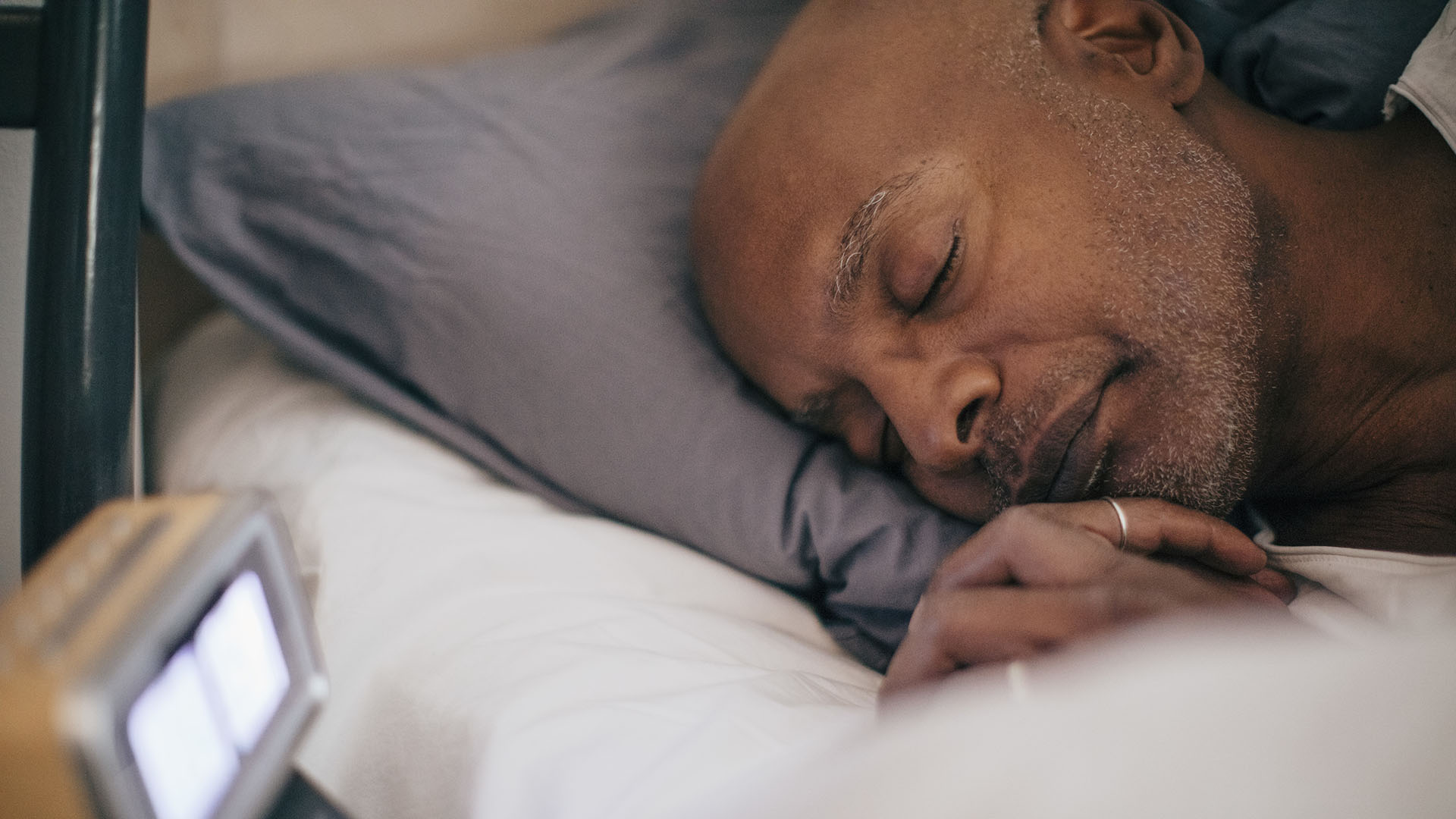
1. Get in tune with your body’s sleep window
If you want to work out how to get up earlier, you might want to look at how you're wired. We all have a natural sleep / wake cycle, known as our circadian rhythm, which need to be kept regular in order to get a good night’s sleep. A sleep window is the period of time in which your body naturally wants to go to sleep, but it can vary from person to person. Experiment with different times, bearing in mind that most people need around 7-9 hours of sleep a night (although the amount of sleep you need does vary by age), and a sleep cycle is 70-90 minutes long, so you'll want to roughly work with those numbers. 9 hours gives you 6 sets of 90 minutes, or 7 and a half hours gives 5 sets of 90 minutes – you might need to experiment to find what suits your specific body timings.
Once you’ve worked out your optimal sleep window, try to go to sleep and get up at the same time every day to help set your body’s internal clock. Unfortunately this also includes weekends, although we’re not saying that the odd lie-in can’t be allowed.
2. Ditch the caffeine and alcohol
Caffeine should not only be off the menu in the evening, but you should really avoid caffeinated drinks after 2pm. A study in the Journal of Clinical Sleep Medicine showed that drinking coffee even six hours before bedtime can have a detrimental effect on the quality of your sleep. Although you may still fall asleep, the caffeine can disrupt your internal clock in a similar way to jet lag.
In similar fashion alcohol hinders the quality of sleep, although it can fool us by making it easier to actually fall asleep in the first place. But tolerance to alcohol when used for sleeping builds up quickly, meaning you will need more and more to fall asleep. Alcohol can also exacerbate snoring and even sleep apnoea, putting sleepers at higher risk of heart attacks and stroke.
Sign up to get the BEST of Tom's Guide direct to your inbox.
Get instant access to breaking news, the hottest reviews, great deals and helpful tips.
In fact, it's worth being wary of any drinks too late in the evening – especially if you're regularly having to get up in the night to use the bathroom. (Here's more on exactly when to stop drinking before bed.)

3. Watch what you eat
We’re not suggesting that you can’t have your dinner, but it’s a good idea to eat at least 2-3 hours before you want to go to bed. This means you won’t still be digesting food when you’re trying to get to sleep – digesting food requires energy.
Of course, going to bed while you’re still hungry isn’t a great idea either, so if you find yourself getting peckish before bedtime try to calm your stomach with a light snack. Nuts, grapes, kiwi and cherries have all been shown to help people sleep. Combine this with a non-caffeinated herbal tea containing chamomile to optimise your chances of drifting off.
4. Avoid blue light closer to bedtime
Technology is a big part of modern life and most of us will spend a lot of the evening watching television whilst also looking at our phones or tablets. The trouble is that all these gadgets emit blue light, which studies have shown can affect the production of melatonin. What’s melatonin? This naturally occurring hormone is controlled by light exposure which, in turn, helps regulate your circadian rhythms. Blue light tricks your brain into thinking it’s still daytime and, as melatonin is secreted by your brain when it’s dark, you’ll find it harder to fall asleep.
Ideally, try and avoid screen time for an hour or two before bed and if you must use your phone, activate the night settings or use apps that filter out blue light. It’s also advisable to set your phone to the Do Not Disturb mode at a certain time every night. This will turn off all notifications and prevent anything from waking you up.
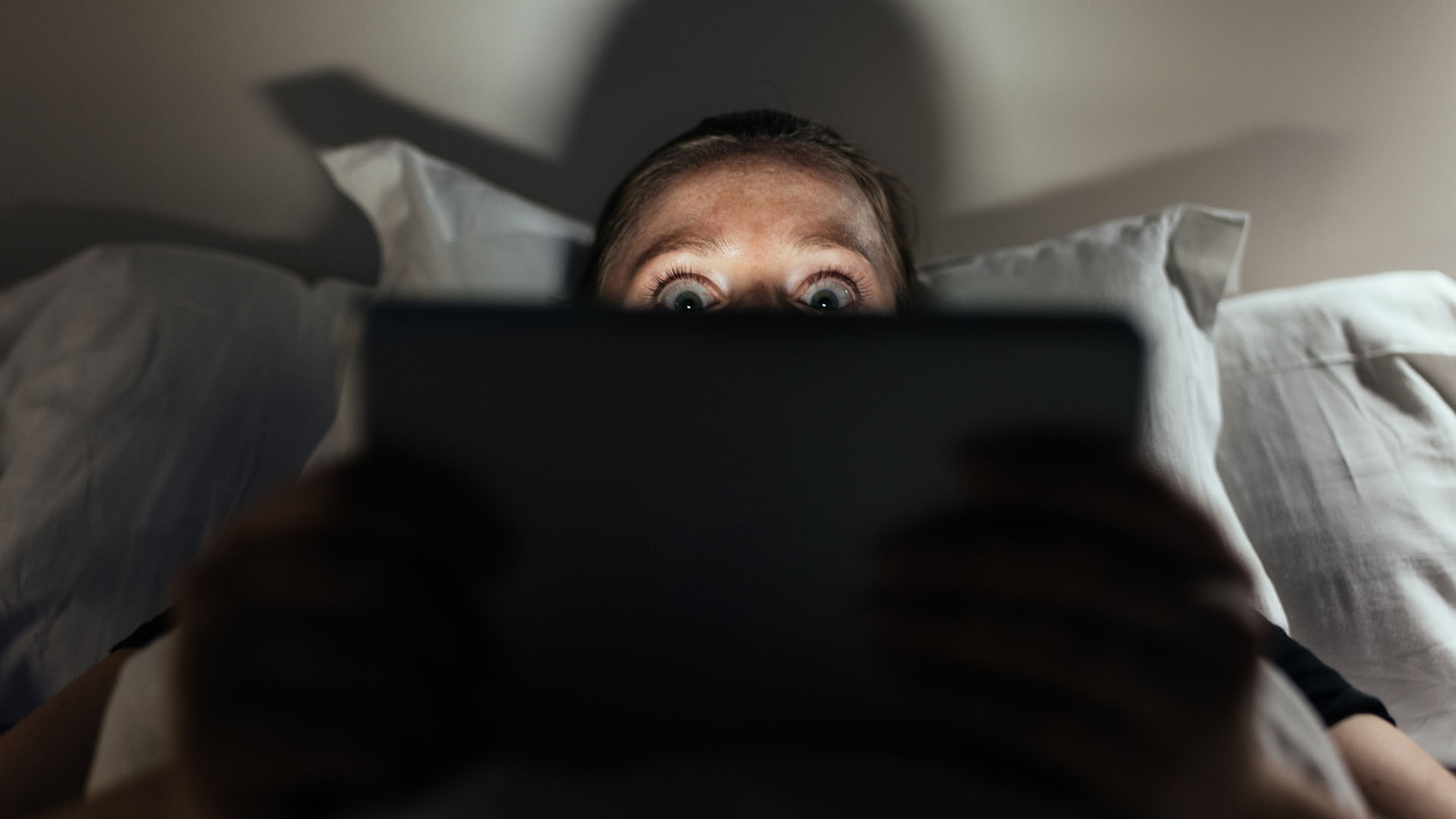
5. Adjust your thermostat
Sleep experts recommend a cool room with the temperature around 18-19 degrees C. This is because your body temperature drops as you become drowsy and climbs again as morning begins. And the air in your room can affect the quality of your sleep. If it’s too hot in your bedroom, it can interfere with this natural dip and can make you more restless throughout the night. All of us have a slightly different optimal temperature for sleeping, so experiment with what temperature makes you most comfortable.
6. Have a bath
As your body prepares for sleep, your core body temperature will begin to drop. Studies have shown that having a warm bath in the evening mimics a night time drop in body temperature and can trigger a sleepy reaction.
Take a bath around an hour before bedtime – your body will heat up from the warm water and then cool down quickly when you get out. This can make you feel relaxed and sleepy.
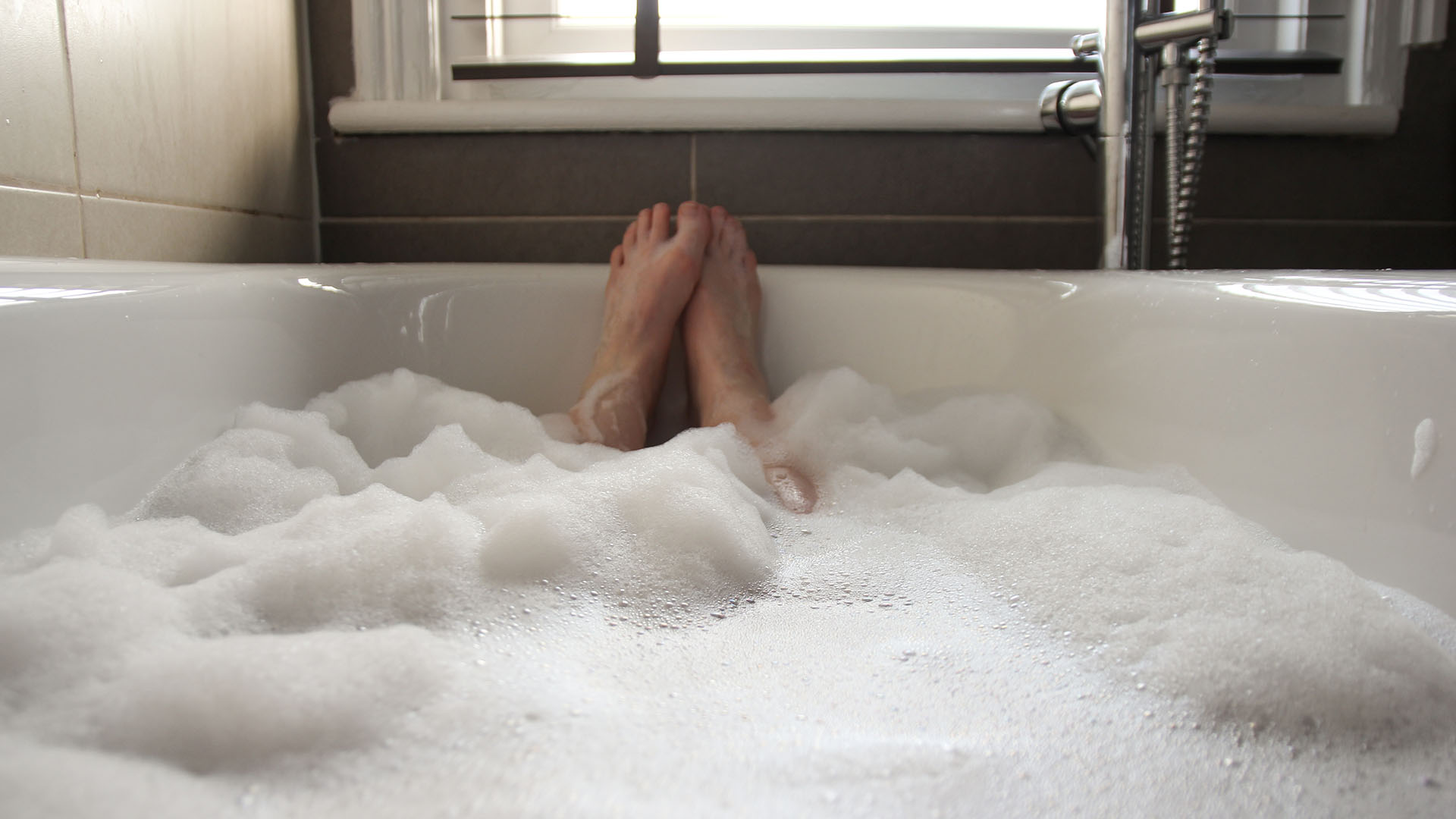
7. Listen to music or read a book
The final part of your evening routine should be conducted when you’re in bed. Our bodies generally need time to wind down – particularly as the modern world can be overstimulating. Read a good book once you’re in bed to help you wind down, although try to stay away from anything too suspenseful (you’ll want to keep reading to find out what happens!).
Music can also be a powerful calming tool – as long as you’re listening to the right kind of music of course. Choose gentle tracks that help you to drift away from the cares of the day. Some people find other types of audio good for sleeping as well – the noise of rain and waves has been shown to improve sleep quality (these sorts of noises are known as pink noise).
Nectar mattress: was $599 now $359 at Nectar
The Nectar Sleep Awareness Week sale knocks 33% off everything. Our favorite is the original model – in our Nectar mattress review, we found it to be a versatile all-foam mattress that would suit a wide range of people and any sleep position. With 33% off, a queen size is $699, which is excellent value for our favorite memory foam mattress.
This article is part of Tom’s Guide’s Sleep Week 2023 celebration, running from Sunday 12 - Saturday 18 March. Over the course of the week we'll be bringing you plenty of expert sleep tips and techniques to help you sleep better this year, as well as advice to help you build the perfect sleep setup for you.

Jo Plumridge is an experienced mattress reviewer with several years' experience covering all things mattresses and sleep, and who tests memory foam, hybrid and organic mattresses. What Jo doesn't know about a boxed mattress isn't worth knowing, so naturally we tasked her with producing a series of features for Tom's Guide looking at all aspects of mattresses, from how to pick between latex and memory foam (it's a tricky one), to the seven mistakes people make when buying a mattress for the first time. When testing the DreamCloud Luxury Hybrid for Tom's Guide, Jo said: "I loved the back support and pressure relief it offered. Plus, it looks far more expensive than it is." When she isn’t writing about sleep, Jo also writes extensively on interior design, home products and photography.

